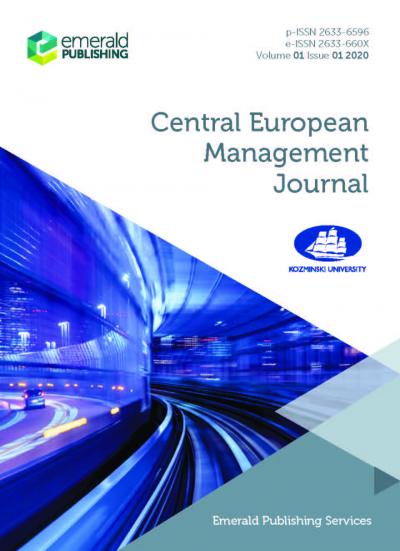Purpose: The purpose of the study was a critical analysis of the concept of positive psychological
capital (PsyCap) and an indication of its applicability in organizations that implemented participatory
management.
Methodology: The study was based on the review and comparative analysis of literature. The
theoretical foundations of the concept and its practical translation into organization reality, as well
as the results of a meta-analysis of the impact of PsyCap on employee attitudes, behavior and performance,
was presented. The limitations of this concept in the context of participatory management
were also indicated.
Findings: Conducted debate supported the conclusion that the development of employee self-efficacy,
hope, optimism and resilience can contribute to strengthening participatory attitudes among workers,
and thus enhancing the efficiency of the entire organization. However under several conditions,
employee positive psychological states were treated not as organizational resources but as an integral
part of themselves. Employees felt responsible for their personal development and development
of their own PsyCap was optional.
Originality: The study dealt with the relatively new issue of a psychological capital management
in organizations that could provide an alternative to the classical human capital management. Its
implementation in organizations with participatory management has not yet been discussed in the
management literature.




